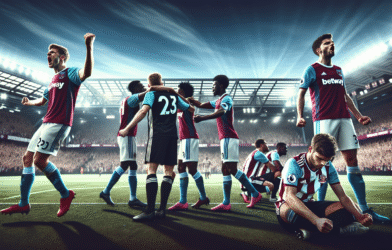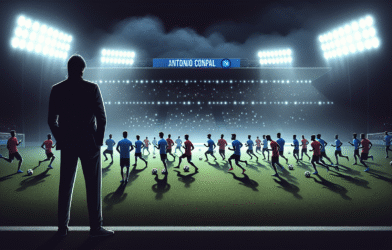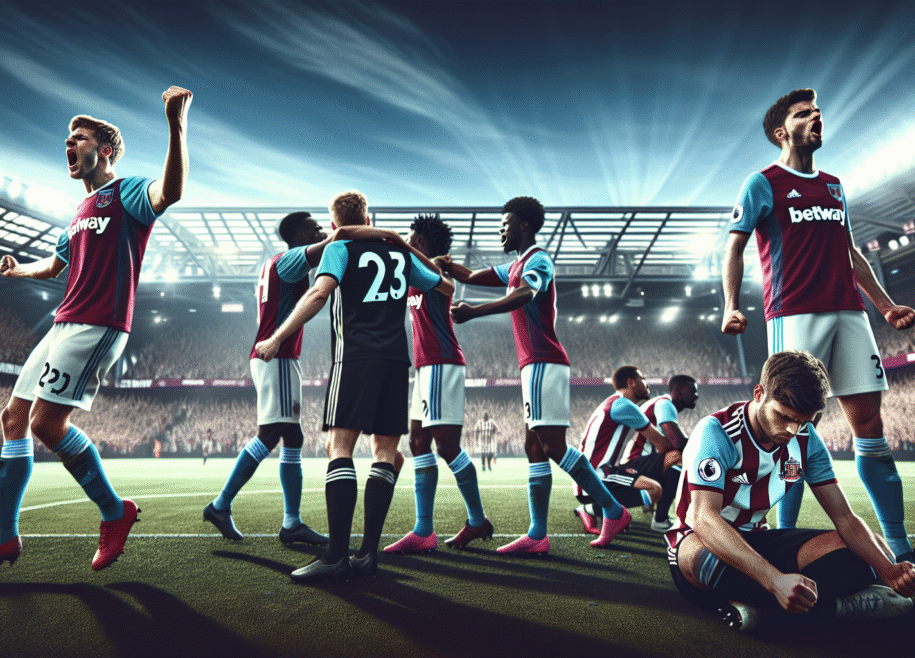Subtotal $0.00
Overview of the 74 charges
The Chelsea FA charges against Chelsea mark one of the most sweeping regulatory actions in English football in recent years. These Chelsea FA charges allege financial irregularities spanning multiple years and areas of club operations, and they prompt questions about governance, transparency, and compliance at the highest levels of the club. The Football Association says the case covers accounting practices, sponsorship arrangements and related party transactions, with the scale of the allegations suggesting systemic issues in governance. This article breaks down the charge count, potential penalties, and what the case could mean for the club’s future.
Scope and timeline
The charges cover a broad period during which Chelsea’s finances and internal controls are said to have fallen short of accepted standards. While the FA has not disclosed every detail, the breadth is clear: the club faces claims across accounting methods, revenue recognition, sponsorship deals and related party transactions. The process typically unfolds through a disciplinary hearing run by an independent FA commission, followed by a decision and any possible appeals. Stakeholders should expect a careful, evidence-driven review rather than a quick verdict. This stage will shape how the club plans its finances, governance reforms and recruitment strategy in the years ahead. For perspective on procedure, see the FA’s disciplinary rules here.
Key areas of the charges
The 74 charges touch core areas of football administration. At the core are accounting practices and how revenue and costs are recorded. Sponsorship arrangements, including related party sponsorships, are another focal point. The FA has also signalled scrutiny of transfer-related financial matters and intra-group transactions that could influence net spending and player valuations. While specifics remain subject to disclosure in due course, the pattern suggests ongoing concerns about governance controls, internal approvals, and compliance culture within the club. Chelsea FA charges in this area could set benchmarks for similar investigations at other top English clubs, reinforcing the emphasis on transparent governance. For readers seeking context, industry analyses on governance standards provide useful benchmarks.
Nature of alleged financial irregularities
Accounting practices and related party transactions
First, accounting practices are under the spotlight. The FA alleges irregularities in how revenues, sponsorship income and related party transactions were recorded. Related party deals—where a club’s personnel or affiliates enjoy favorable terms—have raised questions about conflict of interest and proper disclosure. The allegations imply that some entries may have been misrepresented or inadequately disclosed, undermining the integrity of annual accounts and financial reporting. These issues are not only technical; they affect governance, investor confidence, and the club’s ability to plan within compliant financial rules. The outcome of this aspect could demand restatements or remedial steps if proven. The scope of potential remedies could include enhanced oversight and corrective disclosures.
Sponsorship arrangements and revenue recognition
Sponsorship agreements are another focal point. The FA’s charges suggest that sponsorship revenue may have been structured or reported in ways that do not align with standard accounting practice. Revenue recognition disputes can alter the timing of income, affecting profit margins and compliance with spending rules. The scrutiny is particularly sensitive because sponsorship is a primary revenue stream for major clubs. If the club is found liable here, penalties could include corrective measures in sponsorship reporting, renegotiations of deals, or public-interval disclosures to restore confidence among sponsors and fans. For governance context, reviewing industry analyses of sponsorship transparency at major clubs can be instructive.
Possible penalties and sanctions
Range of possible outcomes
Penalties can range from fines to match restrictions or transfer-related penalties. A strong outcome could require remedial actions such as governance reforms, enhanced financial oversight, and independent audits. Some penalties could target operational flexibility, including limits on certain types of sponsorship contracts or restraints on budgetary decisions until compliance norms are met. The scale of 74 charges suggests the FA could seek stern measures to deter systemic issues and signal that financial governance must meet a higher standard. The exact mix will depend on the evidence, the severity of findings, and the commission’s judgement.
Precedents and impact on the club
Past cases show penalties that adjust the club’s spending, recruitment plans or transfer activity. Even if the club remains competitive on the field, the financial controls and governance environment could be overhauled for years. Acknowledging such potential consequences helps explain why Chelsea FA charges matter beyond one disciplinary process. Stakeholders will be watching to see not just the punishment, but the steps the club takes to strengthen oversight, reporting culture and ethical governance across departments, from accounting to communications.
Disciplinary process and timeline
Hearings, evidence, and the independent commission
The disciplinary pathway starts with a formal hearing before an independent FA commission. Both sides present evidence, call witnesses, and make legal arguments. The commission then assesses whether the charges are proven on the balance of probabilities and determines appropriate sanctions. The process emphasizes fairness, due process and transparency. As always in high-stakes cases, legal and procedural complexities can extend timelines, but stakeholders should expect a clear sequence of steps: registration of charges, submission of evidence, hearing dates, and a published decision.
Timeline, appeals, and potential settlements
Timelines are inherently uncertain in major regulatory actions. The FA often allows for appeals on procedural or substantive grounds, which could extend the overall duration. In parallel, the club and FA may explore settlements or negotiated terms to resolve issues more quickly, depending on the strength of the case and willingness to accept remedial steps. Regardless, the resolution will be a landmark event for governance standards in English football. For ongoing coverage, follow official updates from the FA and credible outlets such as The Guardian and BBC Sport.
Chelsea’s response and implications for the club
Club statements and governance reforms
Chelsea’s official responses are critical to understanding how the club will navigate the charges. The club is likely to stress ongoing cooperation, a commitment to compliance, and any immediate steps it has already taken to strengthen governance. Expect statements that emphasize due process, transparency, and a plan to address governance gaps. Governance reforms may include enhanced oversight, better separation of duties within finance and sponsorship teams, and a clearer framework for related-party transactions. These steps could set a new standard for how the club operates in the Premier League era and beyond.
Operational and strategic implications
Beyond legal risk, the charges could affect Chelsea’s recruitment, spending plans, and long-term strategy. If sanctions constrain transfer activity or sponsorship flexibility, the club may adjust its roster-building approach, scouting priorities, and player development paths. Even without heavy on-pitch disruption, the governance narrative can influence investor confidence, sponsor relations, and fan engagement. The case is not just about penalties; it will influence how Chelsea communicates, budgets, and grows as a globally recognized football institution. For ongoing coverage, follow Chelsea’s official updates and reputable outlets like Chelsea FC.
















